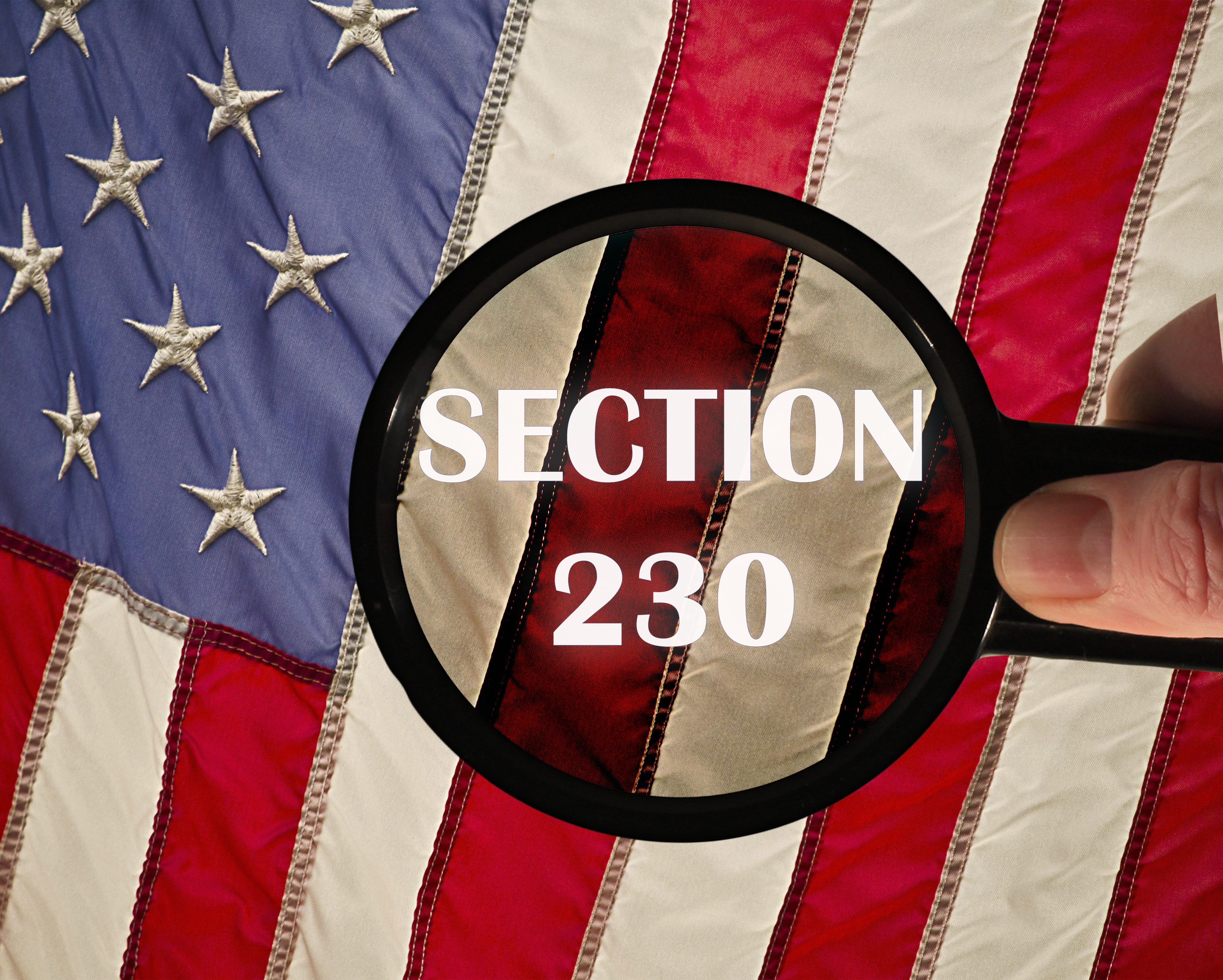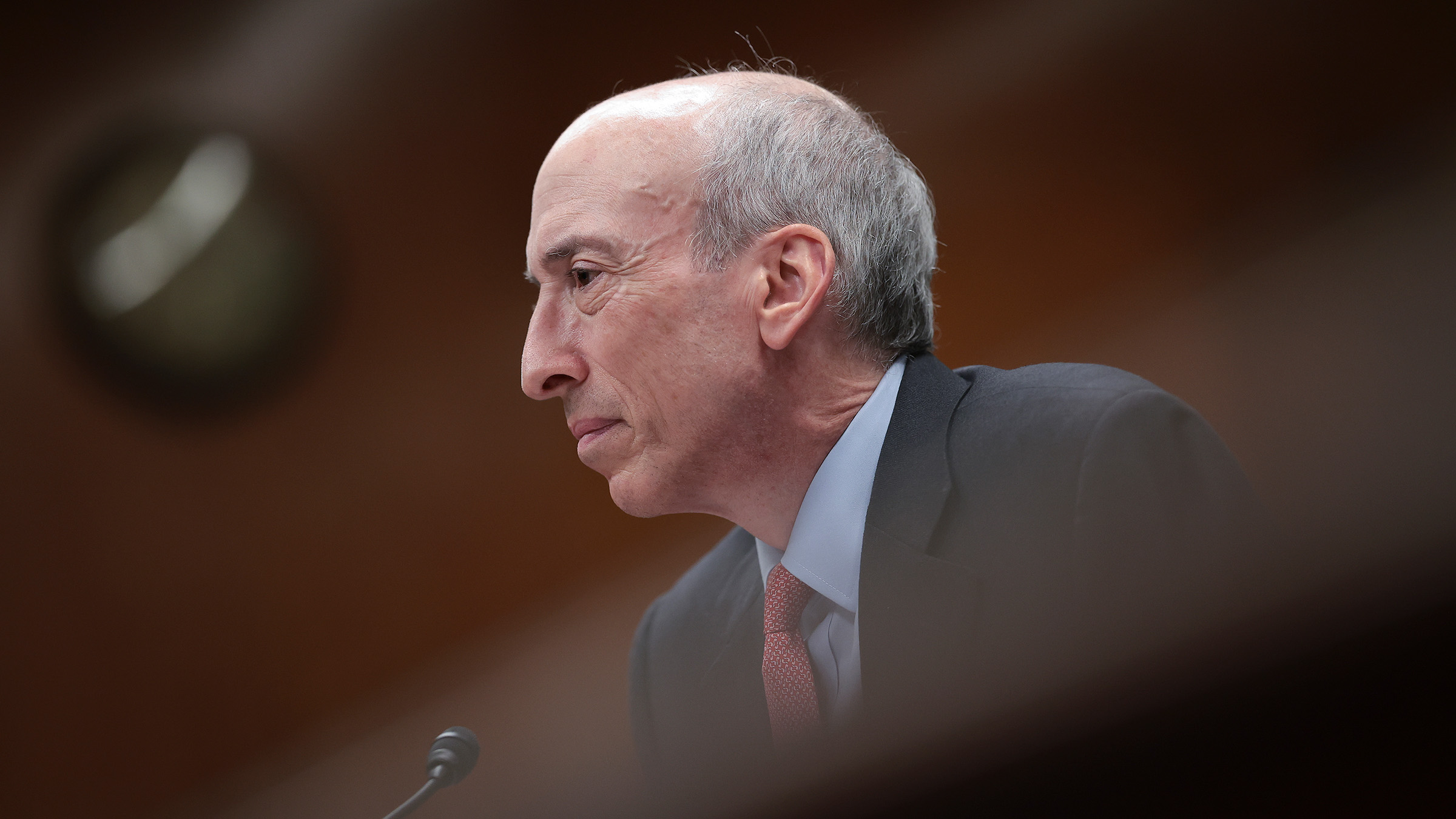NYU calls for rework, not a repeal of Section 230
Report claims concerns over anti-conservative bias in big tech are unfounded


New York University (NYU) has published a report dismissing claims of anti-conservative bias among social media companies and warning the government to amend, rather than repeal, Section 230 of the Communications Decency Act.
The Center's deputy director Paul M Bennett and research fellow J. Grant Sims worked on the report, titled “False Accusation: The Unfounded Claim that Social Media Companies Censor Conservatives.” Evaluating claims of anti-conservative bias in social media groups, it highlighted several comments made by senators, TV presenters, and influencers, claiming social media companies were militarizing the information sphere and helped rig the election.
"The claim of anti-conservative animus on the part of social media companies is itself a form of disinformation: a falsehood with no reliable evidence to support it," the report says.
The researchers acknowledge claims of bias among big tech companies, including allegations that Facebook deliberately played down conservative stories in its Trending Topics section, and Google influenced search engine rankings to promote left-leaning content. However, it dismisses these claims, citing denials from the companies themselves, and, in some cases, quoting opposing research that refutes the allegations.
The report also suggests social media platforms actually facilitated the attack by right-wing activists on the Capital by not acting quickly enough. It also cites research finding supporters of former President Trump tended to spread "junk news" more readily than all the other groups evaluated.
Many commentators, including former President Trump himself, used the perceived bias as a talking point for repealing Section 230 of the Communications Decency Act, which protects online platforms from liability for what their users post there. President Joe Biden has also targeted the law, though it’s unclear whether this would include a full repeal or an amendment.
Instead, the NYU report calls for Congress to update Section 230, amending it to introduce new responsibilities around policing content. One such obligation could be to ensure that ranking and recommendation algorithms don't favor sensational material simply to fuel engagement, it said.
Sign up today and you will receive a free copy of our Future Focus 2025 report - the leading guidance on AI, cybersecurity and other IT challenges as per 700+ senior executives
The report also suggests creating a Digital Regulatory Agency to help with this task. However, this agency wouldn’t interfere directly in content decisions and risk violating the First Amendment, it warned.
Other recommendations include greater disclosure for content moderation actions and offering users a choice of content moderation algorithms. Social media companies should devote more human moderation to influential accounts and pursue a constructive reform agenda for social media, it said. The latter would mean more cooperation between government and social media companies, even as the government pursues antitrust actions against Facebook and Google.
Danny Bradbury has been a print journalist specialising in technology since 1989 and a freelance writer since 1994. He has written for national publications on both sides of the Atlantic and has won awards for his investigative cybersecurity journalism work and his arts and culture writing.
Danny writes about many different technology issues for audiences ranging from consumers through to software developers and CIOs. He also ghostwrites articles for many C-suite business executives in the technology sector and has worked as a presenter for multiple webinars and podcasts.
-
 The open source ecosystem is booming thanks to AI, but hackers are taking advantage
The open source ecosystem is booming thanks to AI, but hackers are taking advantageNews Analysis by Sonatype found that AI is giving attackers new opportunities to target victims
-
 Westcon-Comstor enters Balkan market with REAL Security acquisition
Westcon-Comstor enters Balkan market with REAL Security acquisitionNews The acquisition gives the distribution giant immediate access to an established partner ecosystem spanning eight Balkan markets
-
 UK’s ‘Tech Prosperity Deal' with US hits rocky ground
UK’s ‘Tech Prosperity Deal' with US hits rocky groundNews The US has reportedly threatened to pull out of the deal over the Digital Services Tax and broader economic disagreements
-
 ‘The UK must position itself as the destination of choice’ in wake of H-1B visa crackdown, tech policy group says
‘The UK must position itself as the destination of choice’ in wake of H-1B visa crackdown, tech policy group saysNews The UK has a massive opportunity to capitalize on the US government’s H-1B visa changes
-
 IDC warns US tariffs will impact tech sector spending
IDC warns US tariffs will impact tech sector spendingNews IDC has warned that the US government's sweeping tariffs could cut global IT spending in half over the next six months.
-
 US government urged to overhaul outdated technology
US government urged to overhaul outdated technologyNews A review from the US Government Accountability Office (GAO) has found legacy technology and outdated IT systems are negatively impacting efficiency.
-
 US proposes new ‘know-your-customer’ restrictions on cloud providers
US proposes new ‘know-your-customer’ restrictions on cloud providersNews The US aims to stifle Chinese AI competition with new restrictions on cloud providers to verify foreign data center users
-
 SEC passes rules compelling US public companies to report data breaches within four days
SEC passes rules compelling US public companies to report data breaches within four daysNews Foreign entities trading publicly in the US will also be held to comparative standards
-
 US says National Cybersecurity Strategy will focus on market resilience and private partnerships
US says National Cybersecurity Strategy will focus on market resilience and private partnershipsNews The recently announced implementation plans alow for more aggressive action against ransomware gangs
-
 US ‘Tech Hubs’ drive aims to boost innovation in American heartlands
US ‘Tech Hubs’ drive aims to boost innovation in American heartlandsNews The development of the hubs will could help drive regional innovation and support for tech companies
